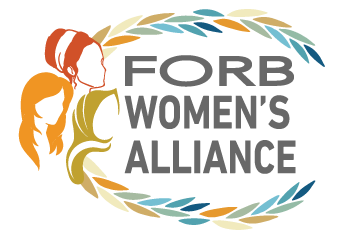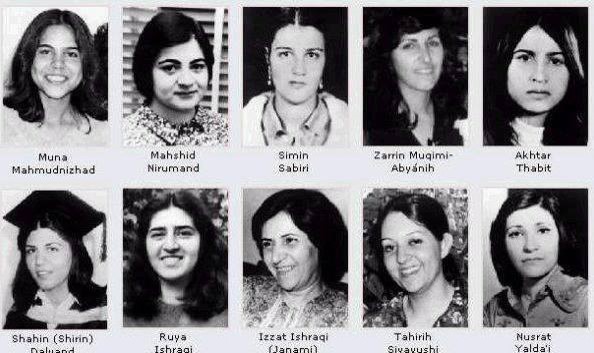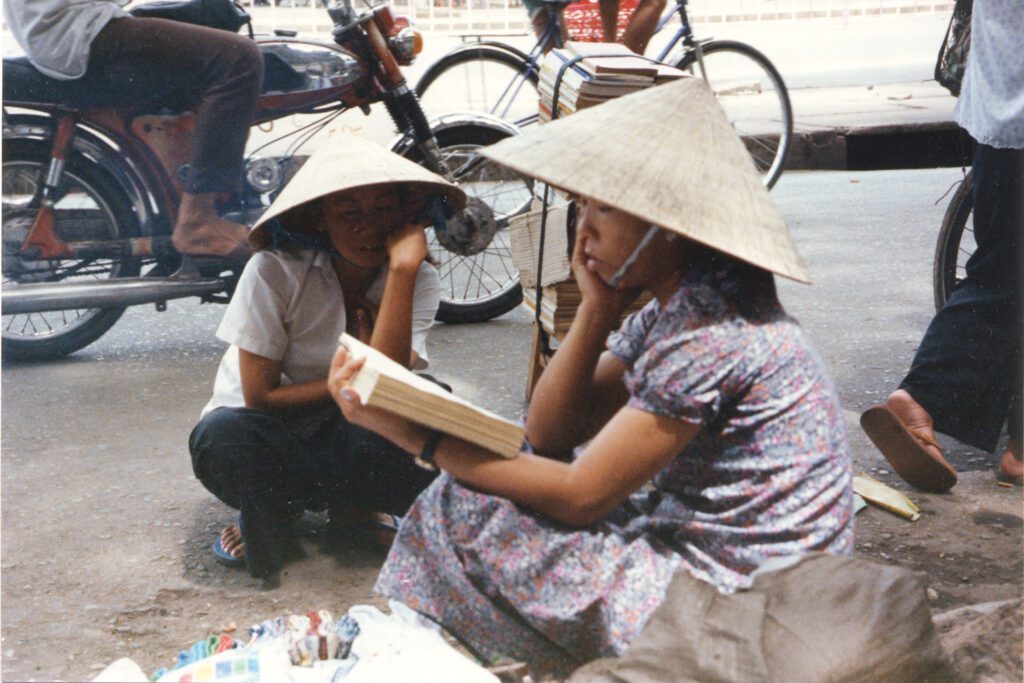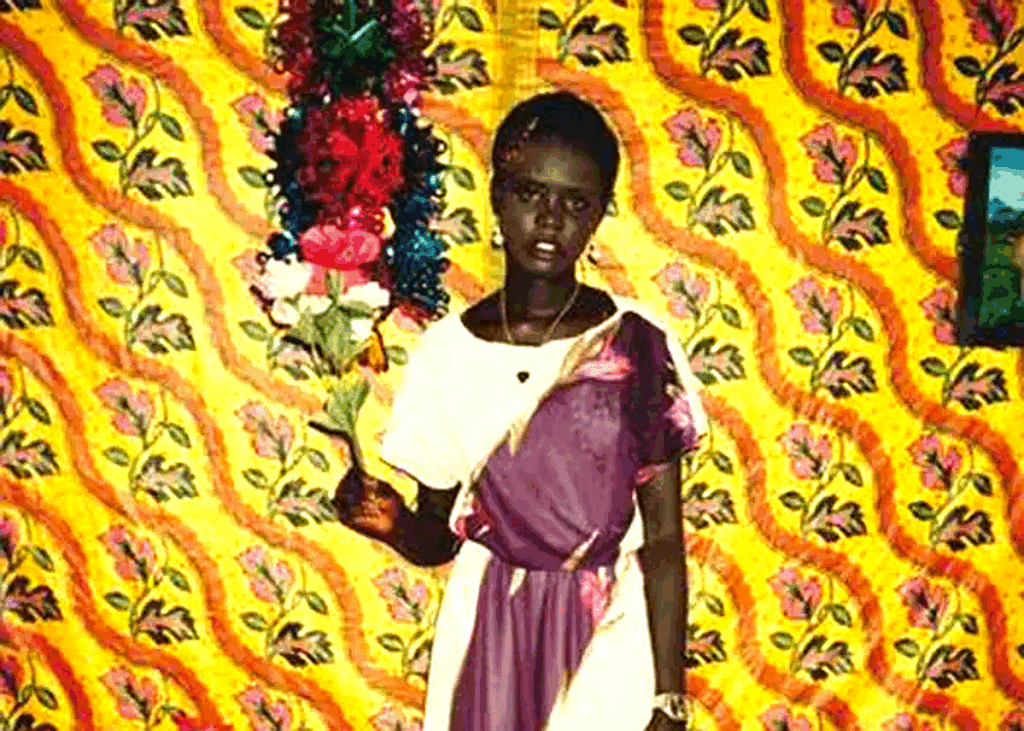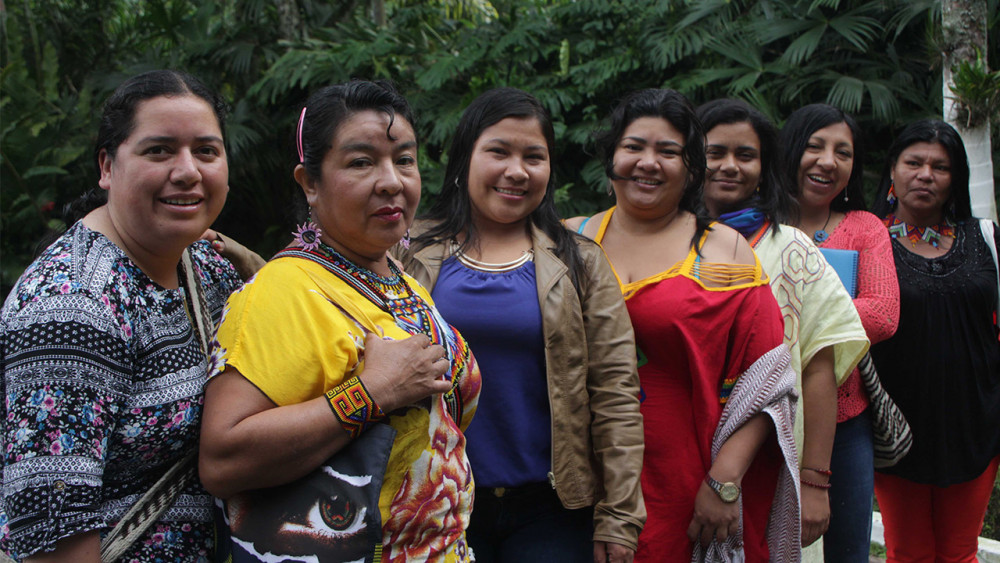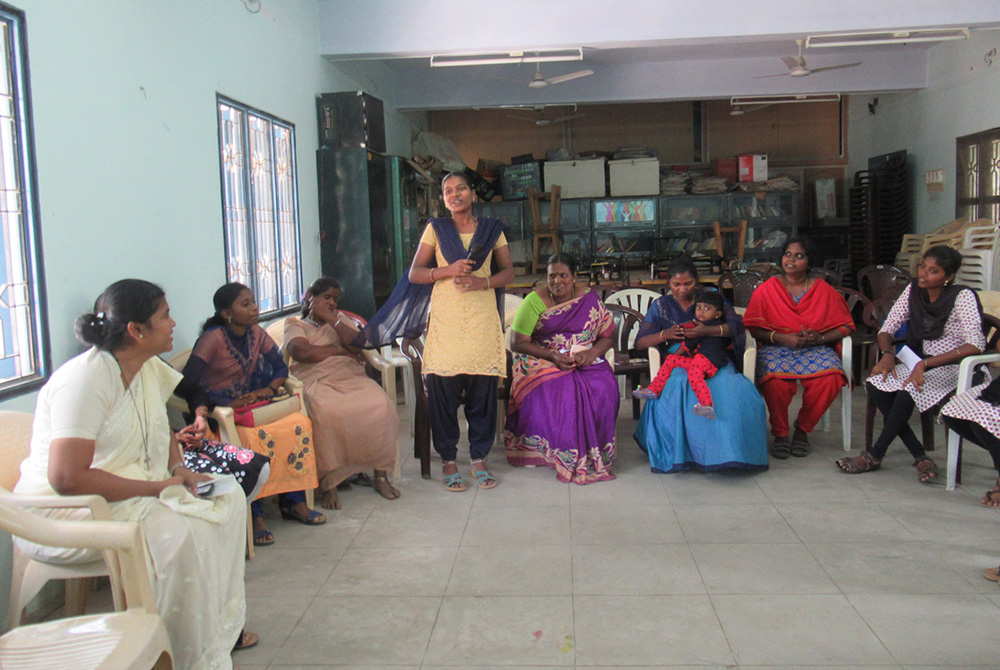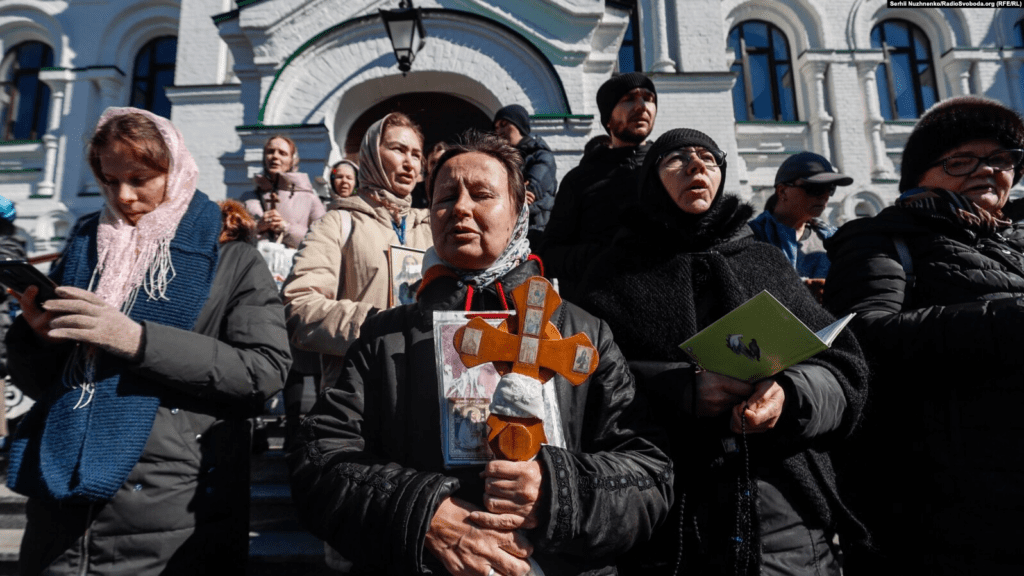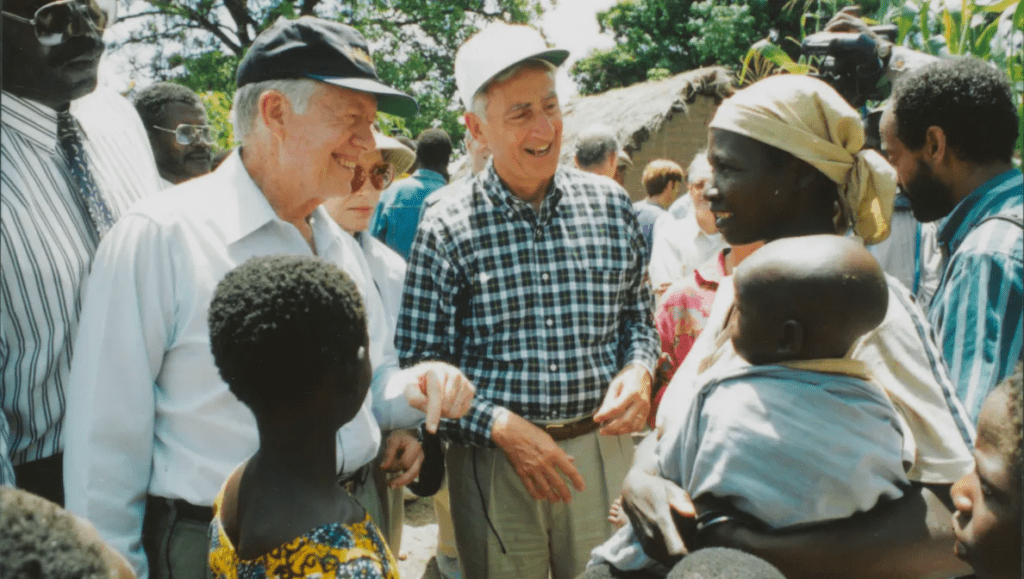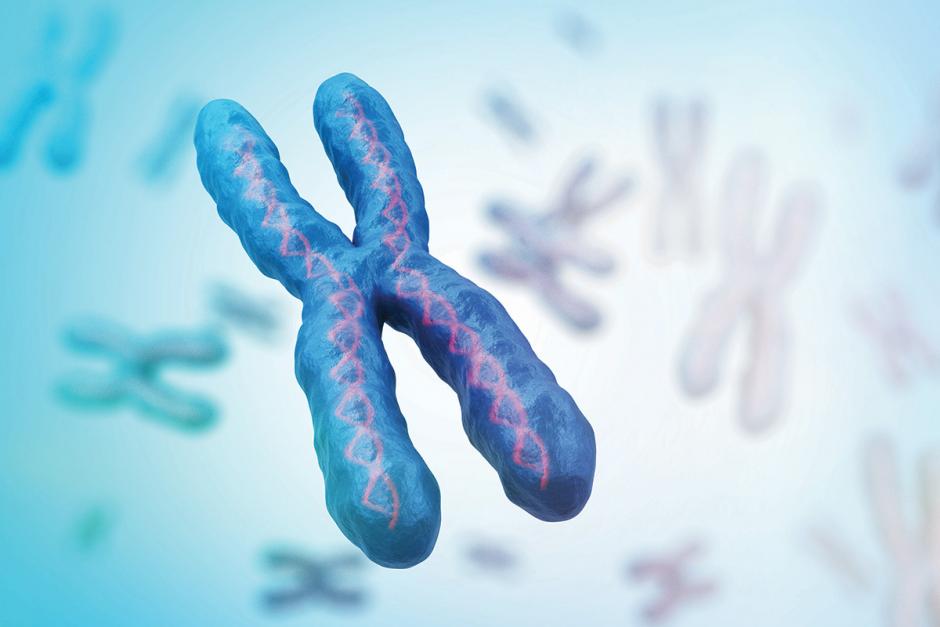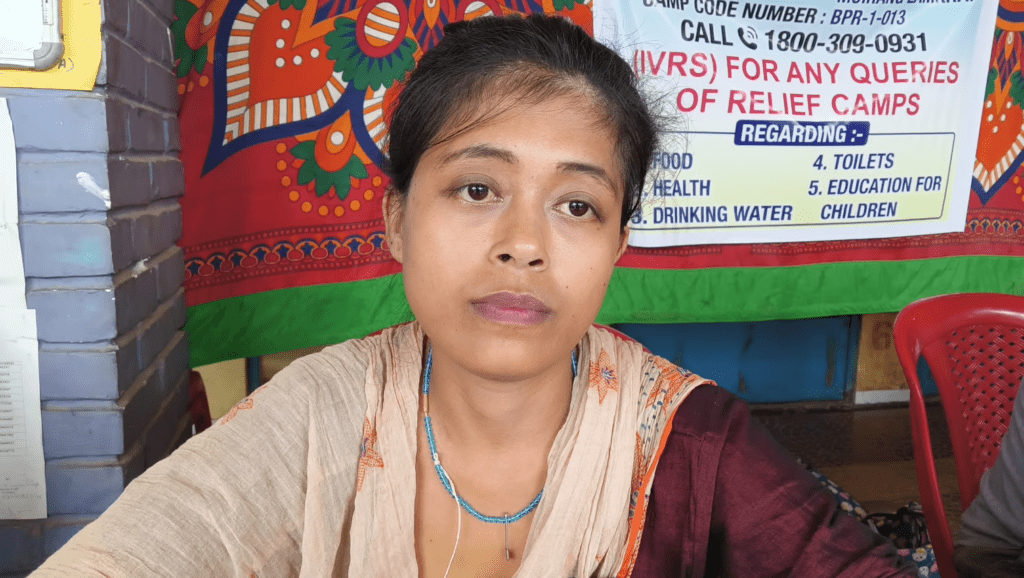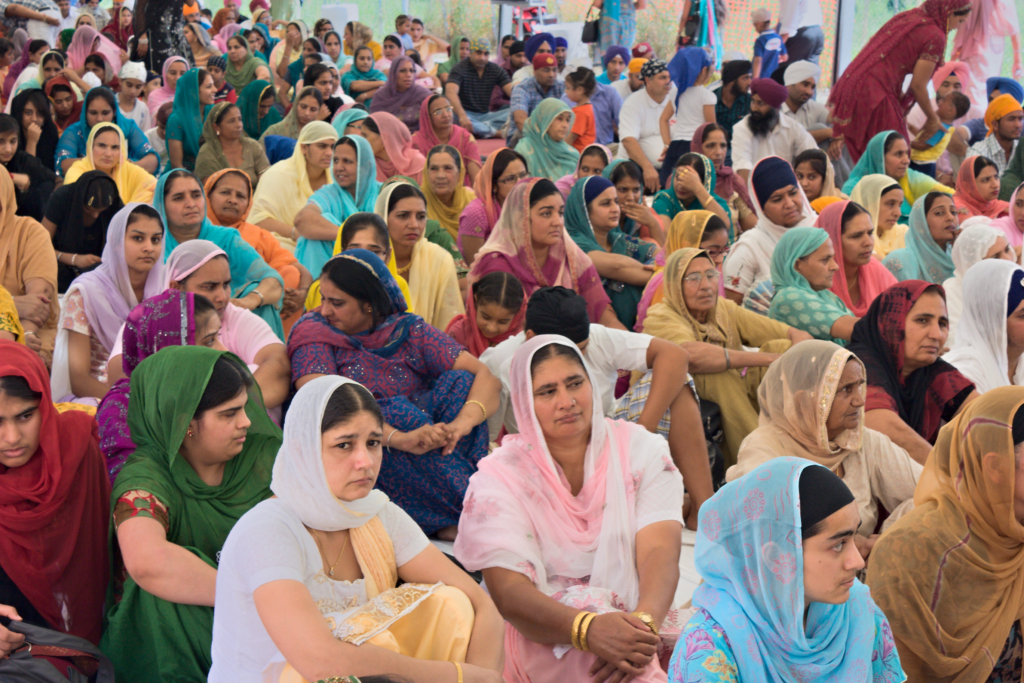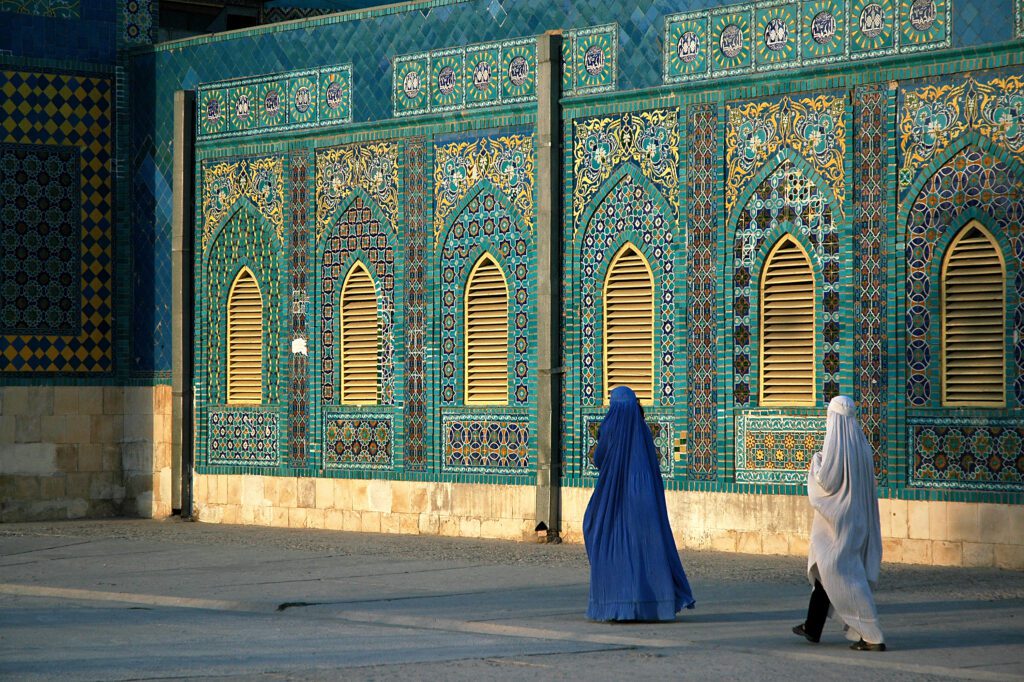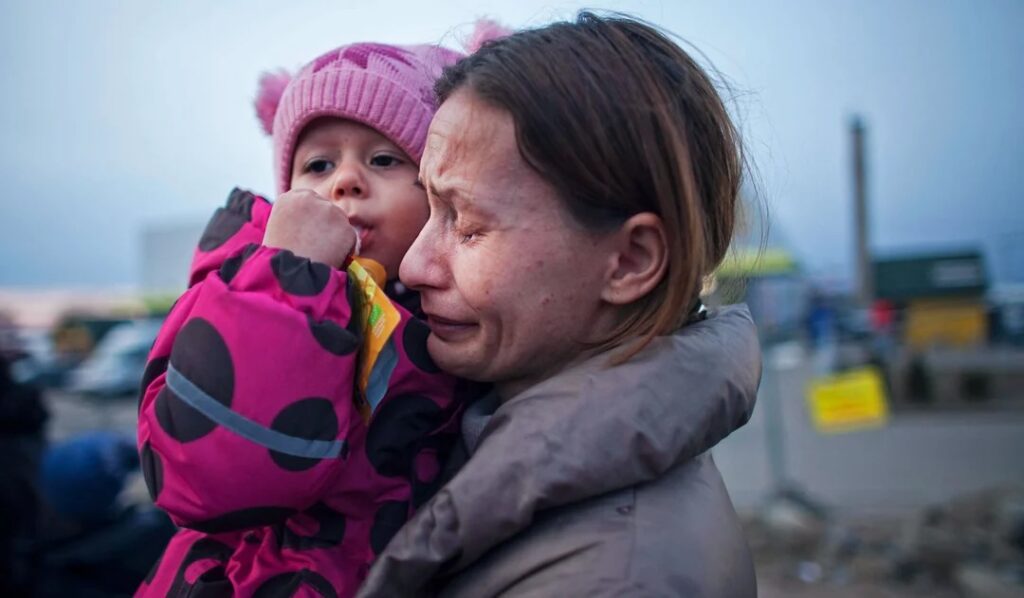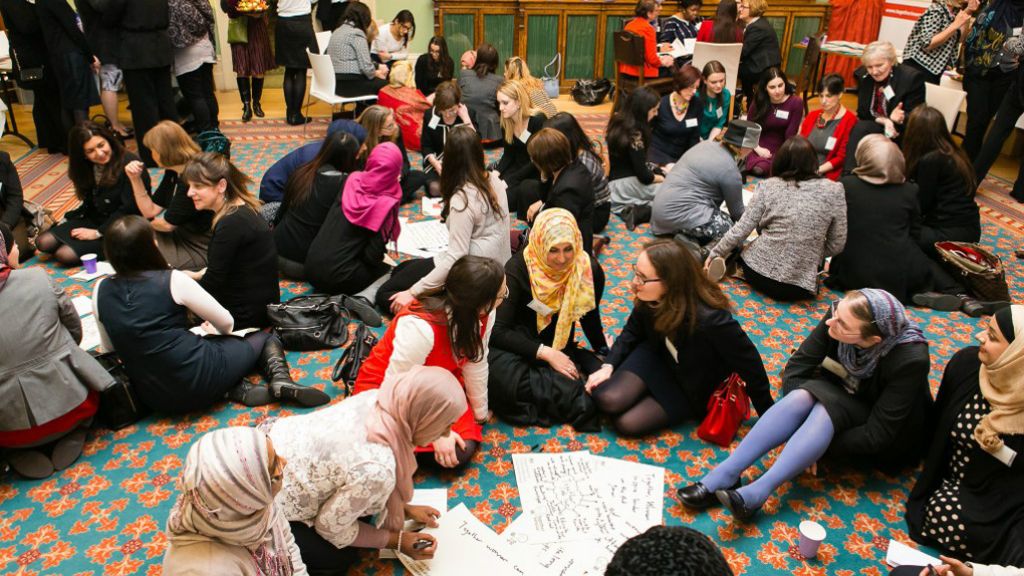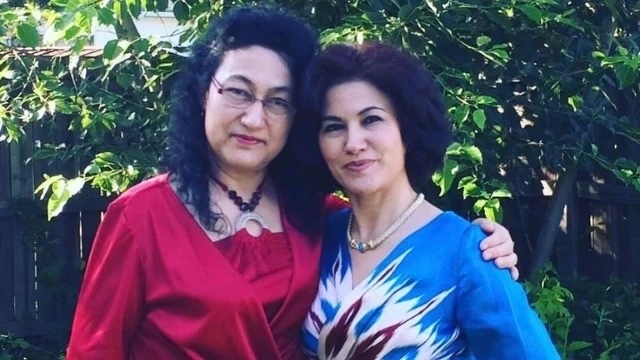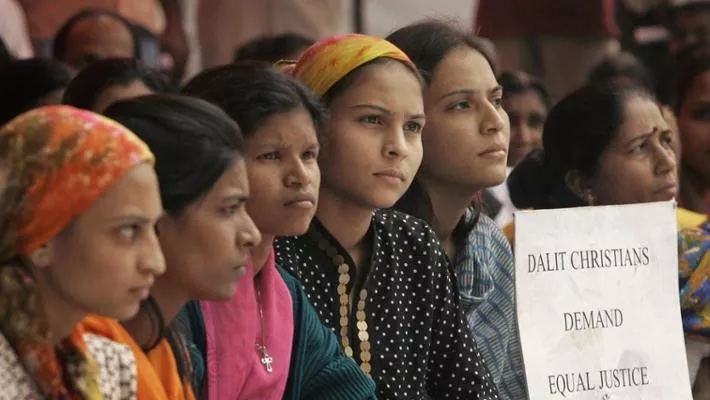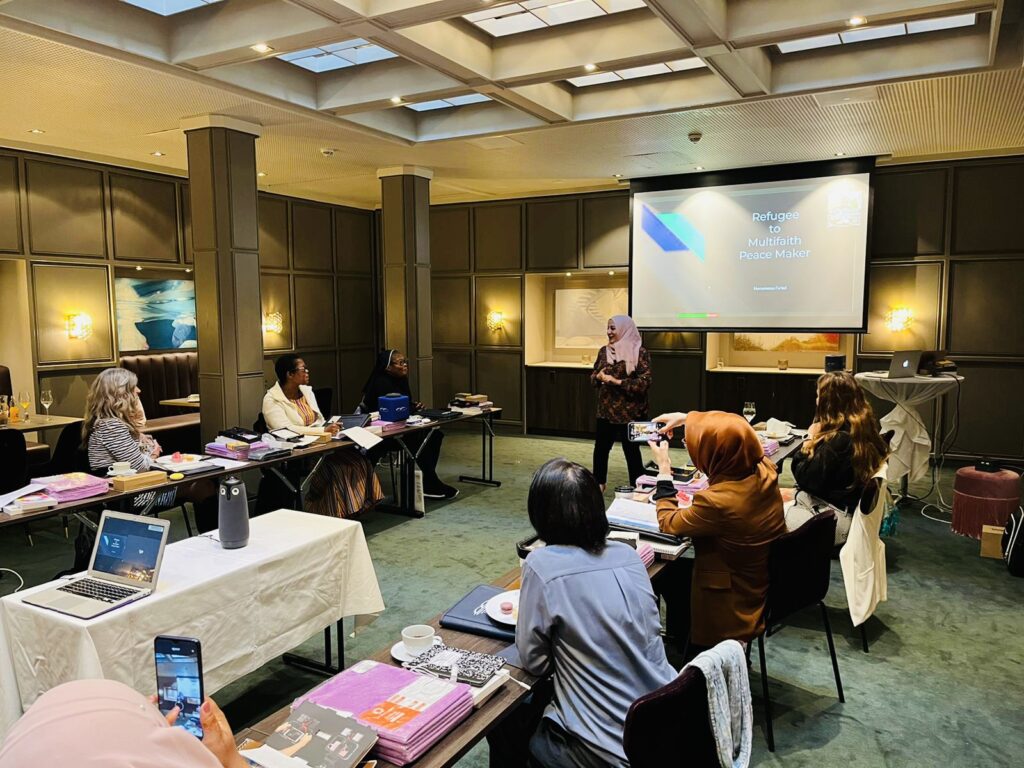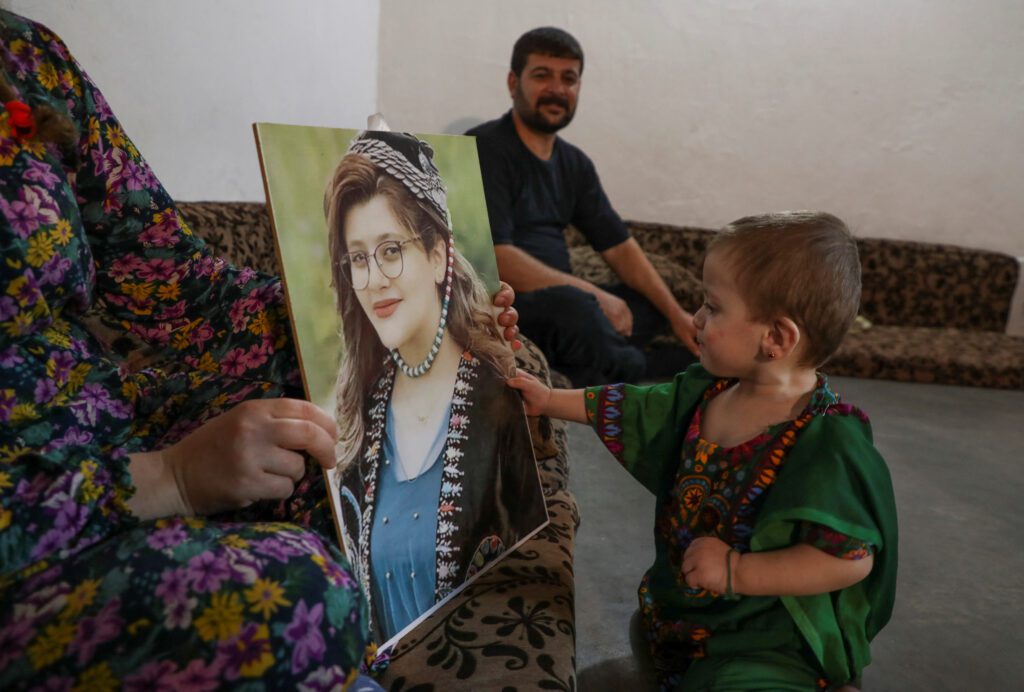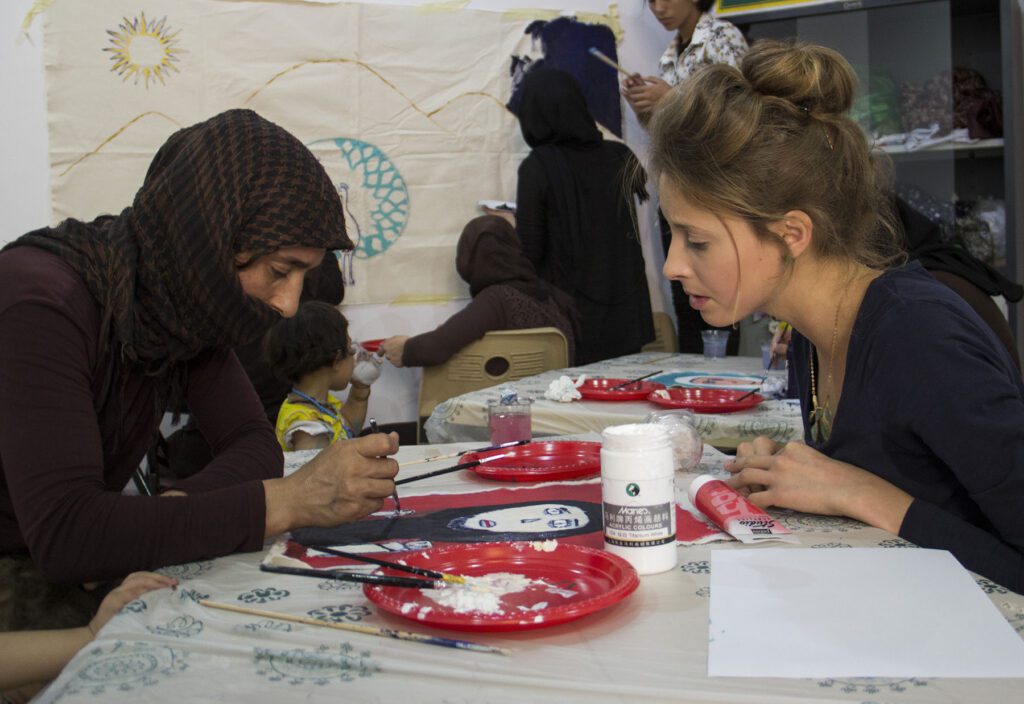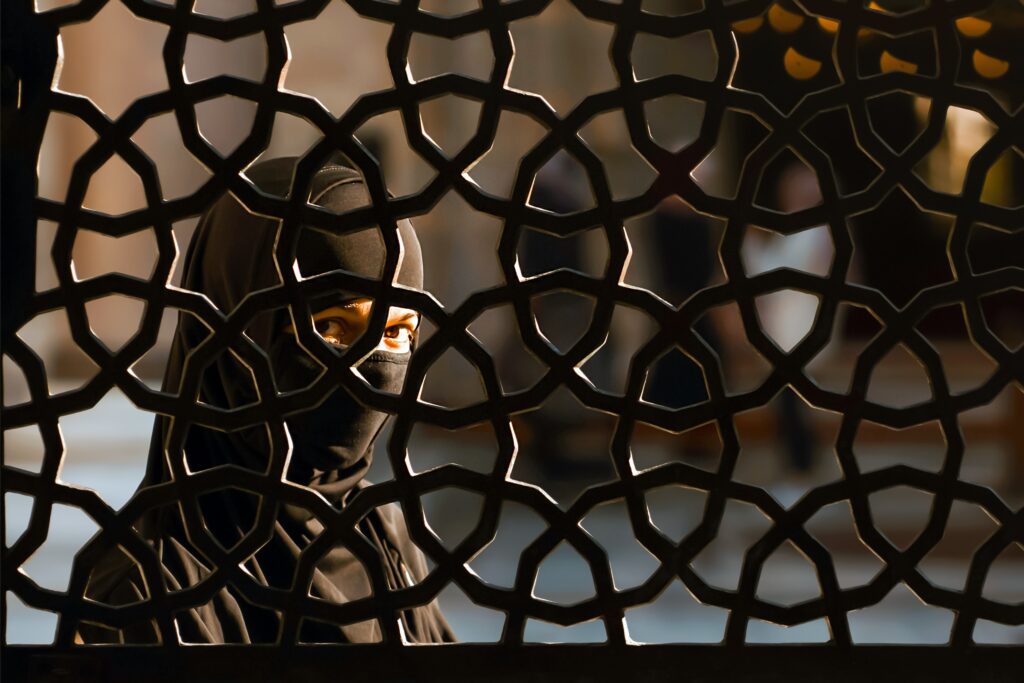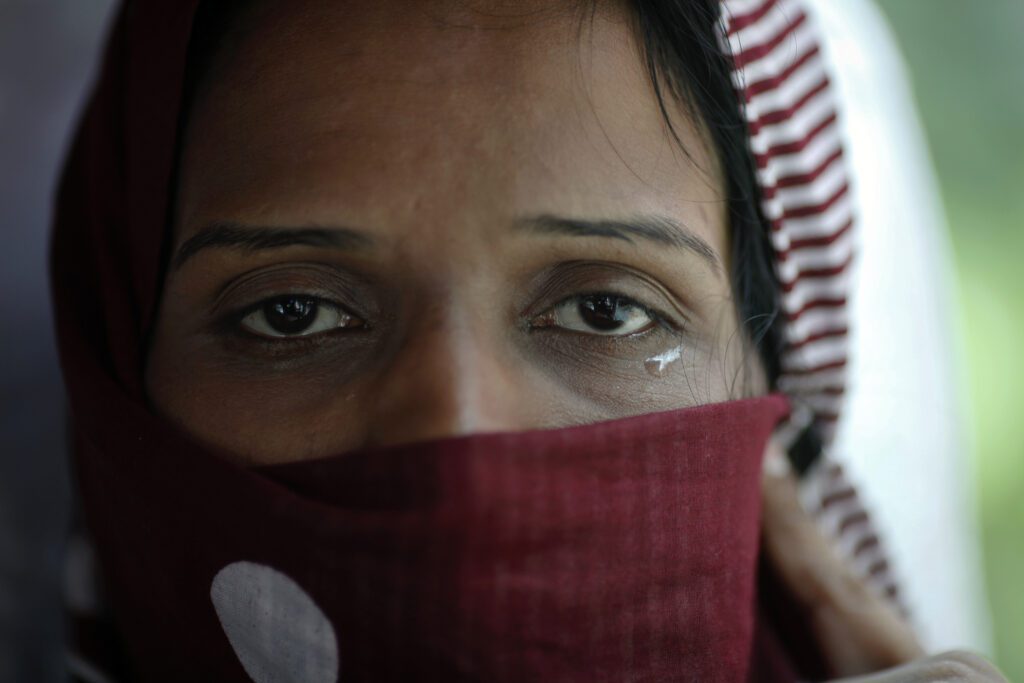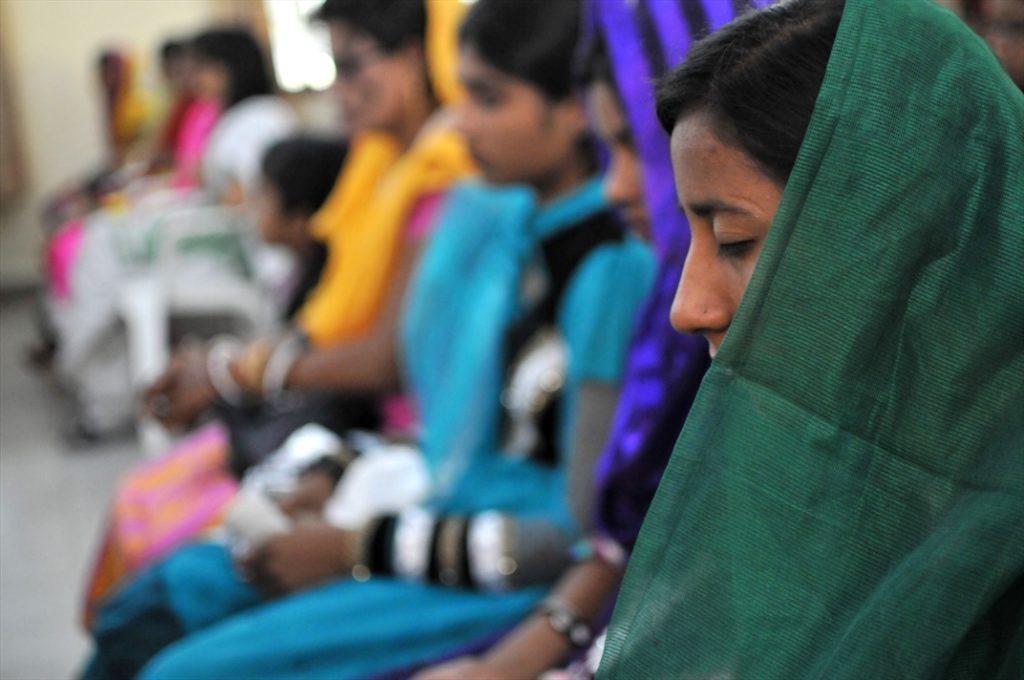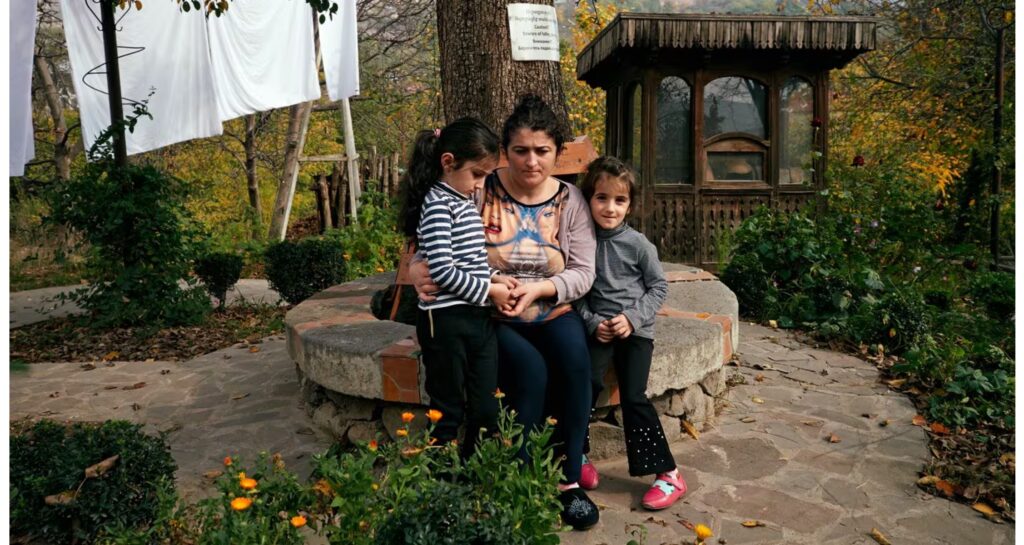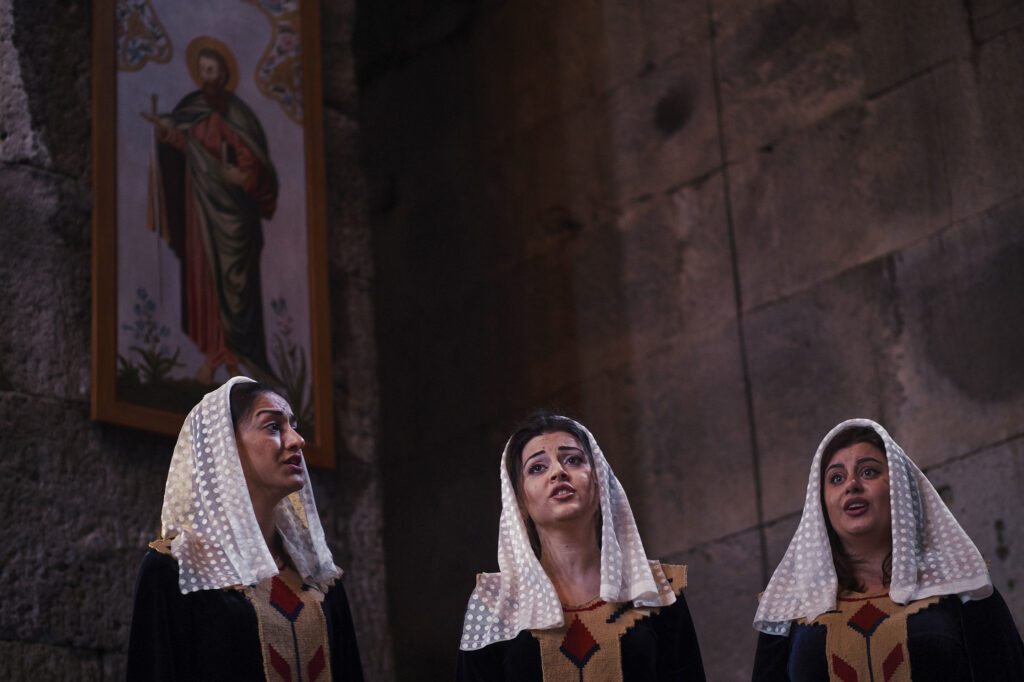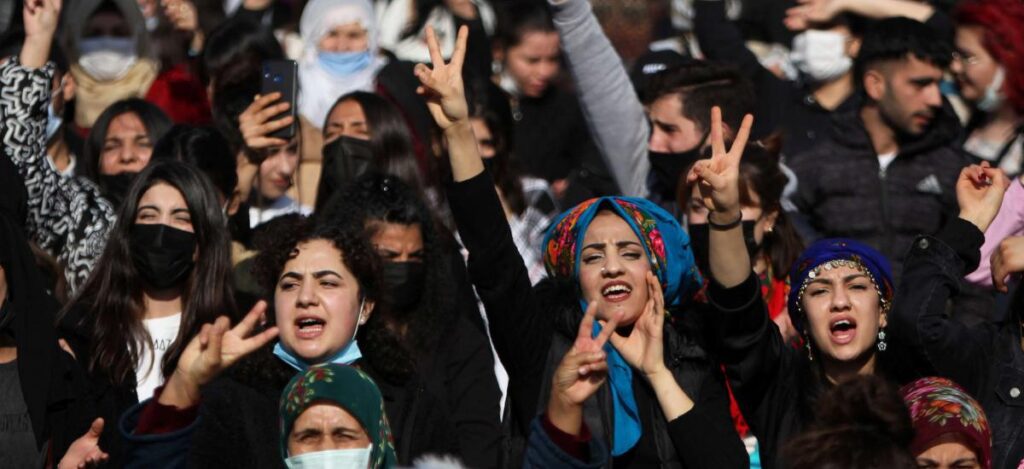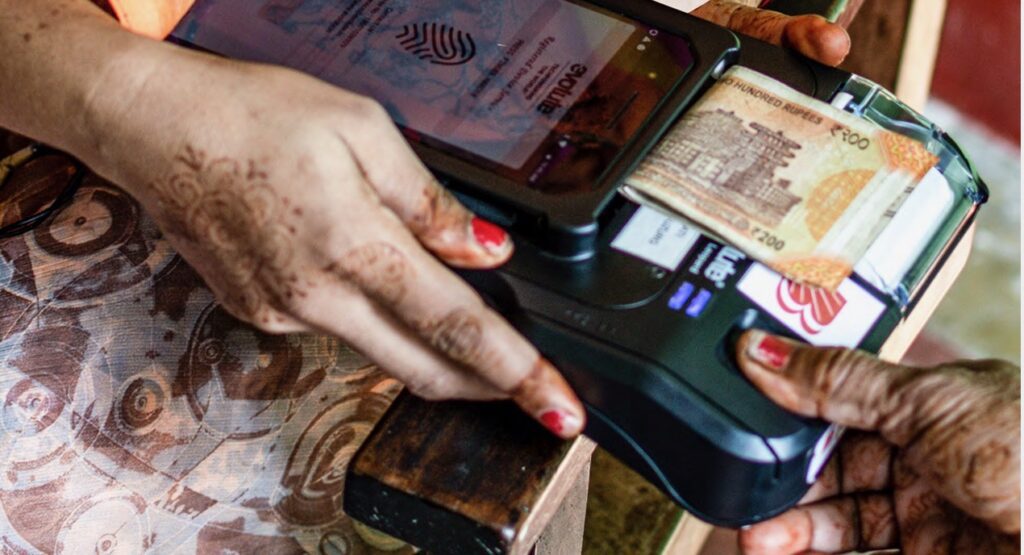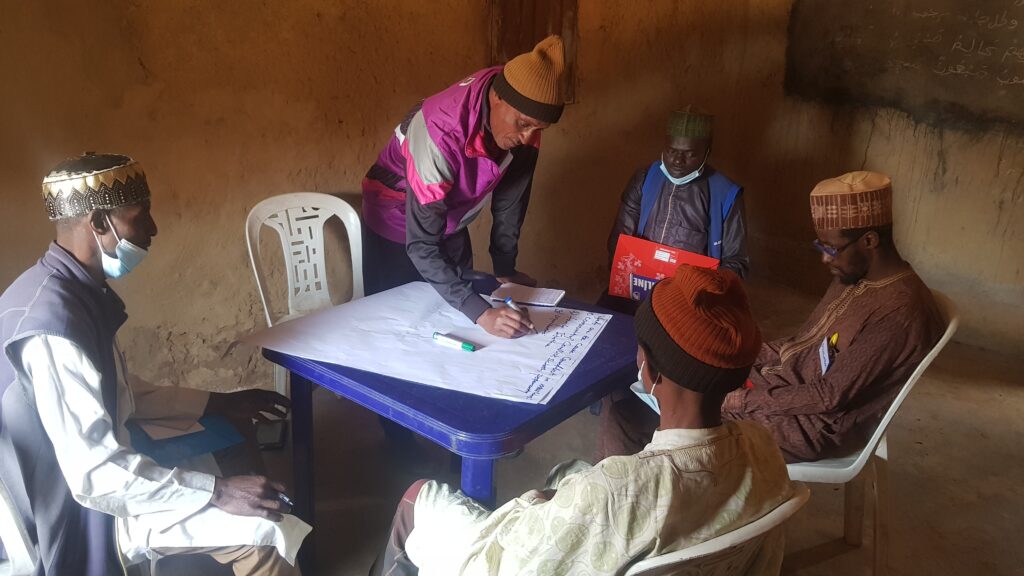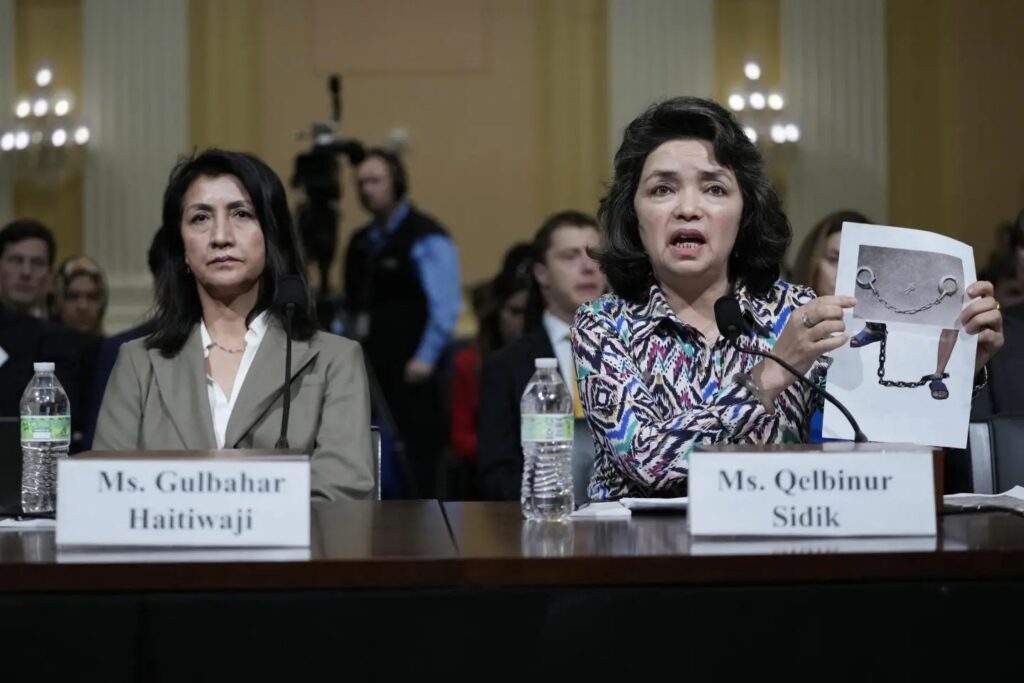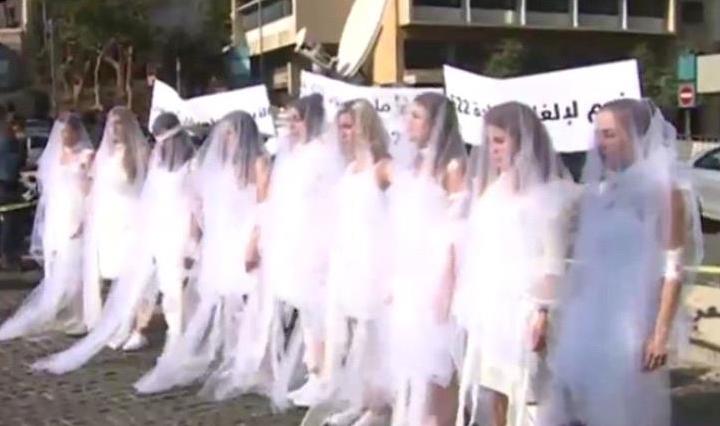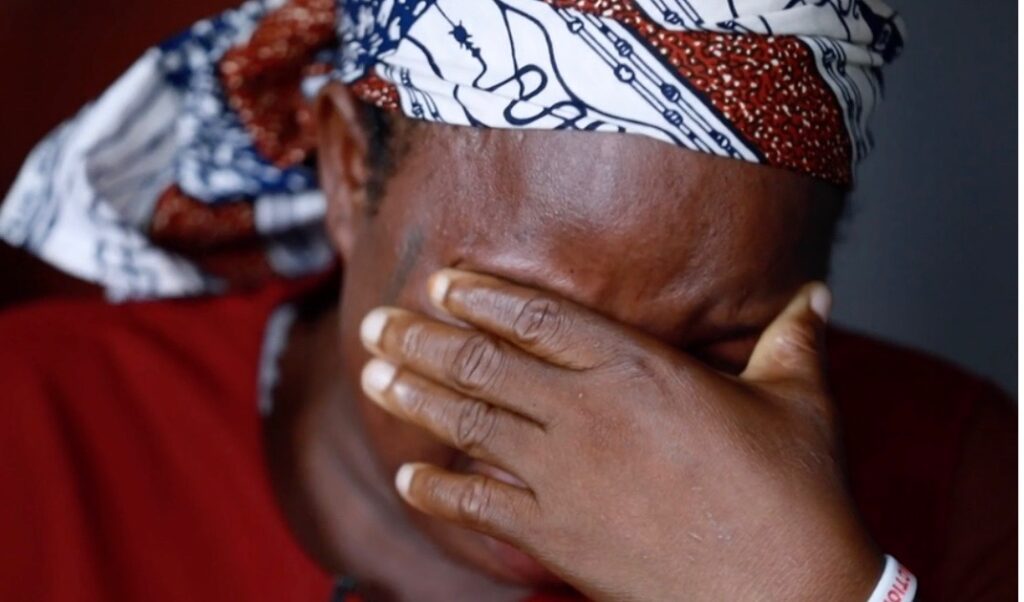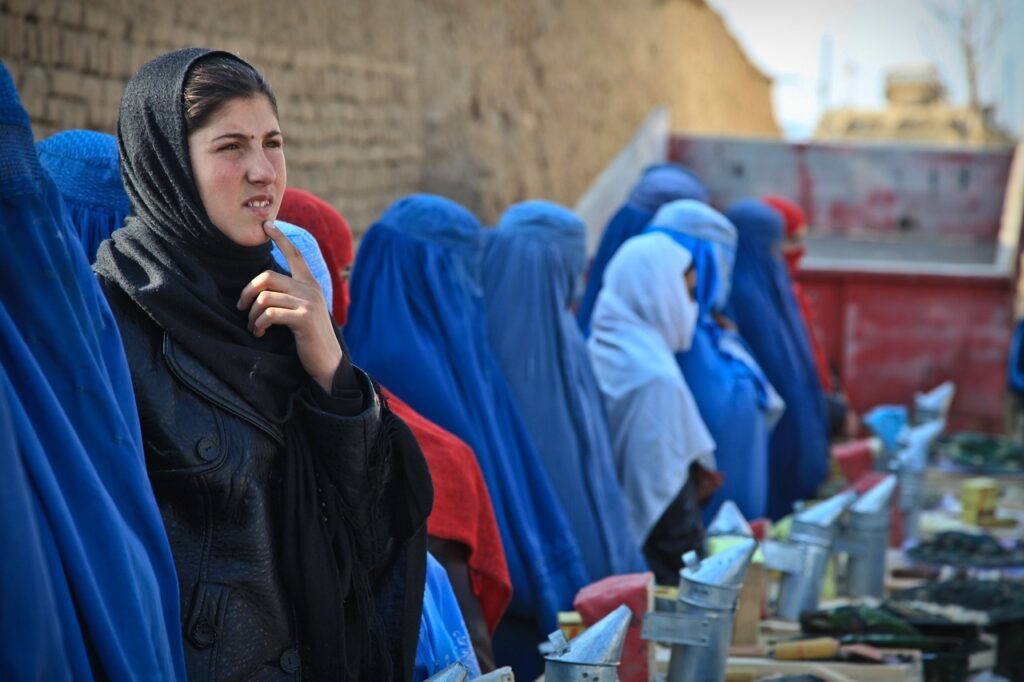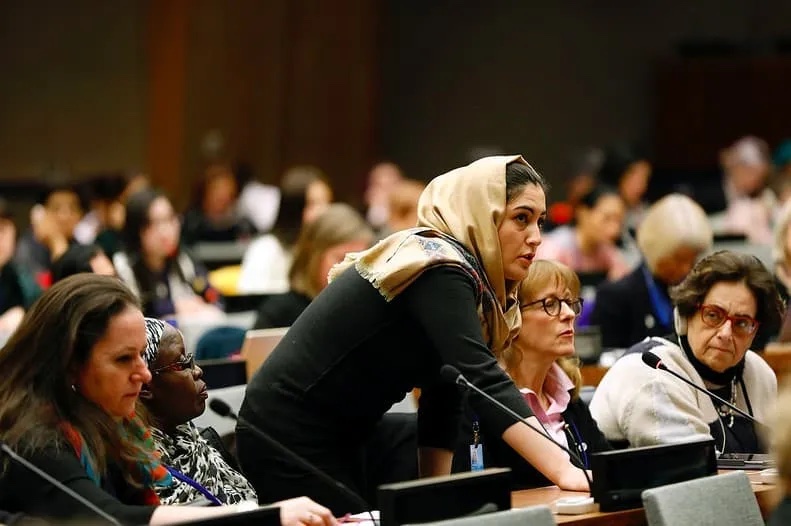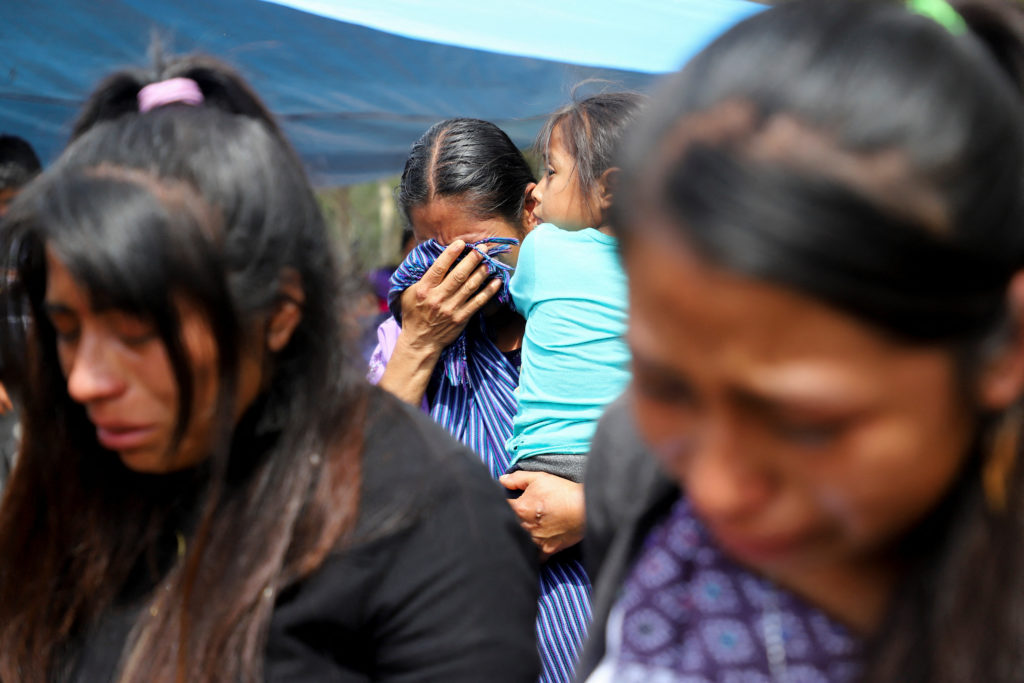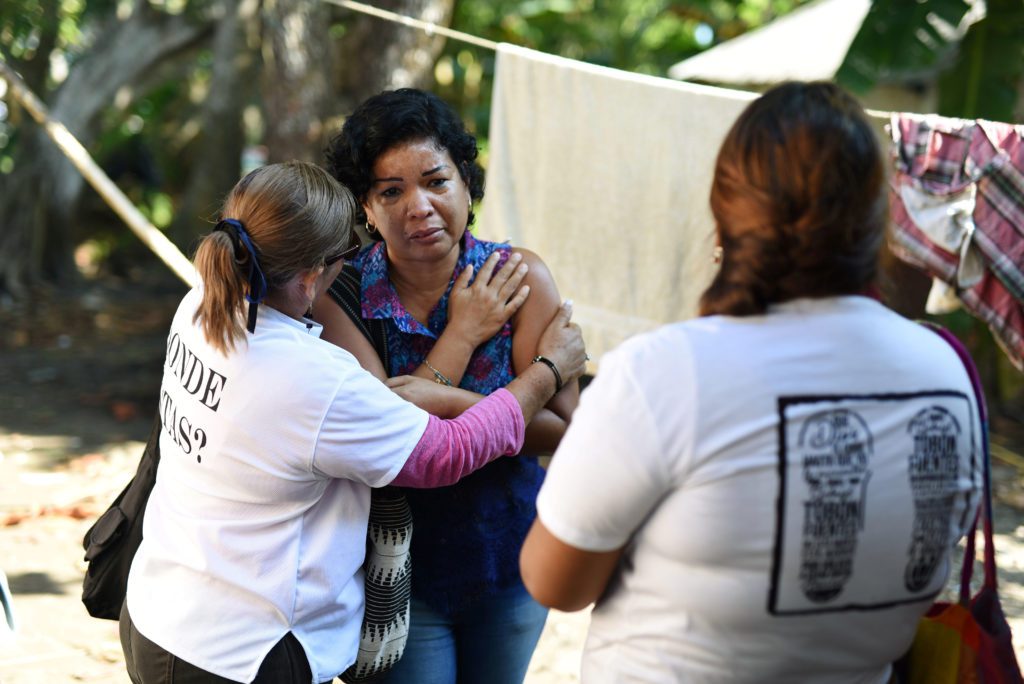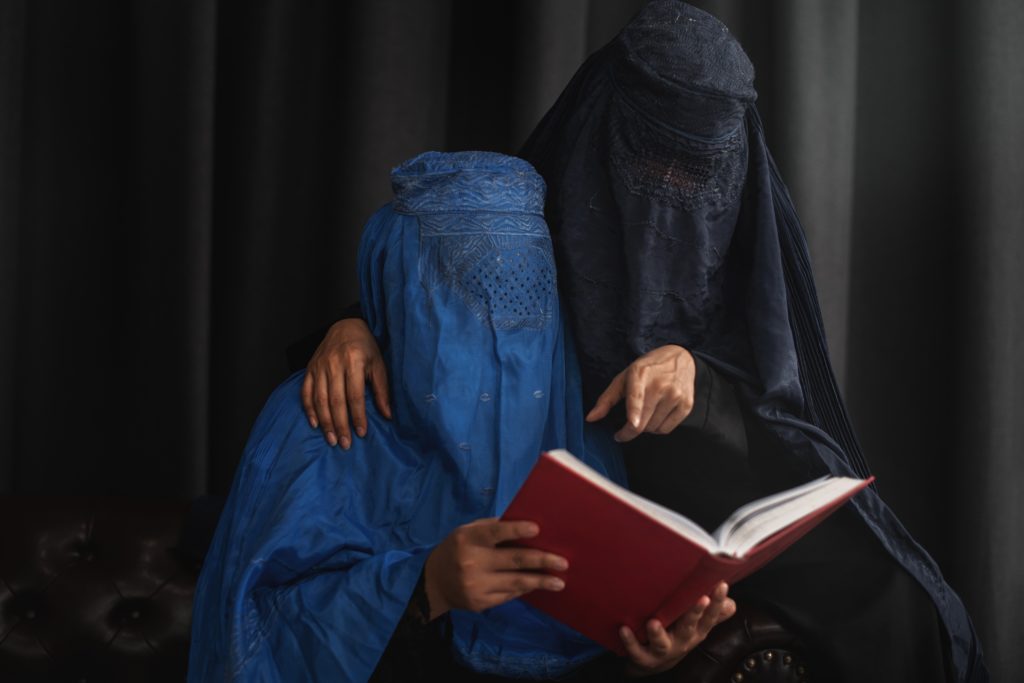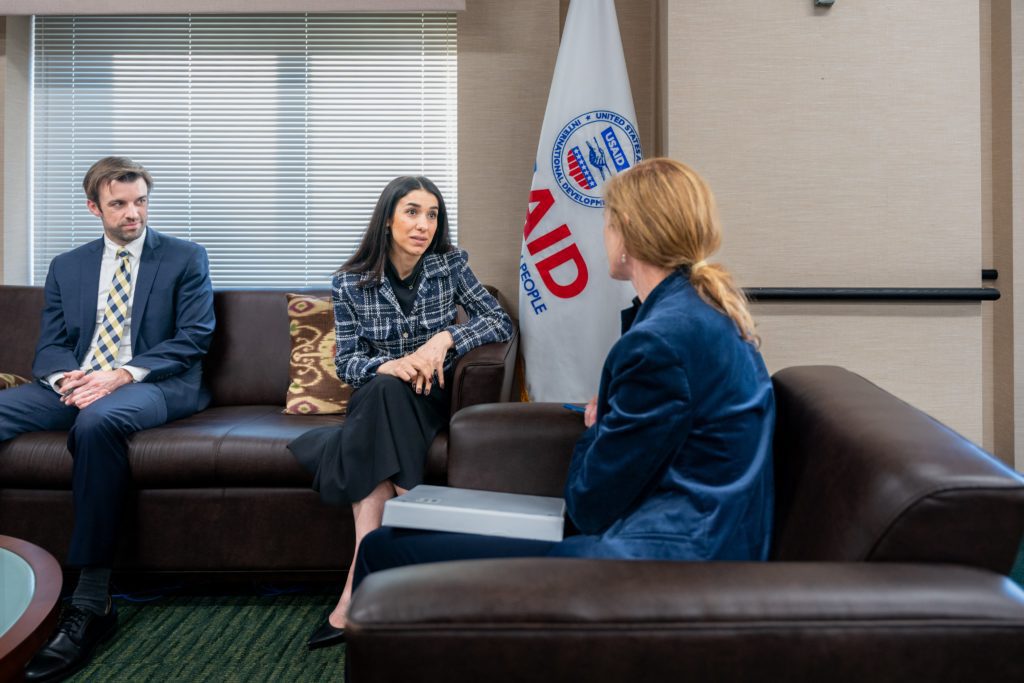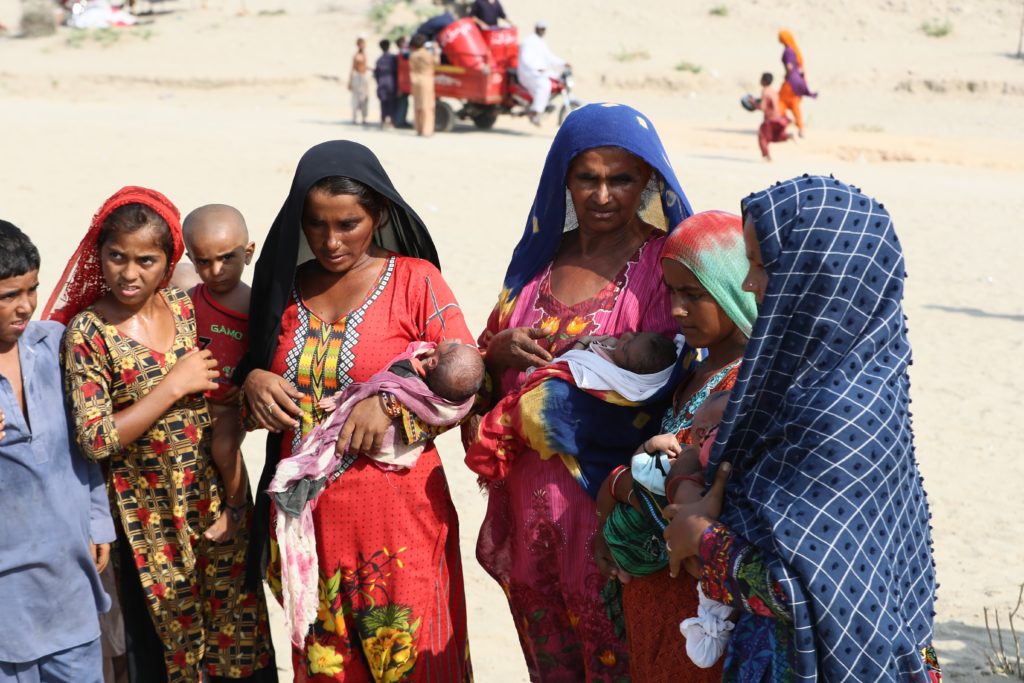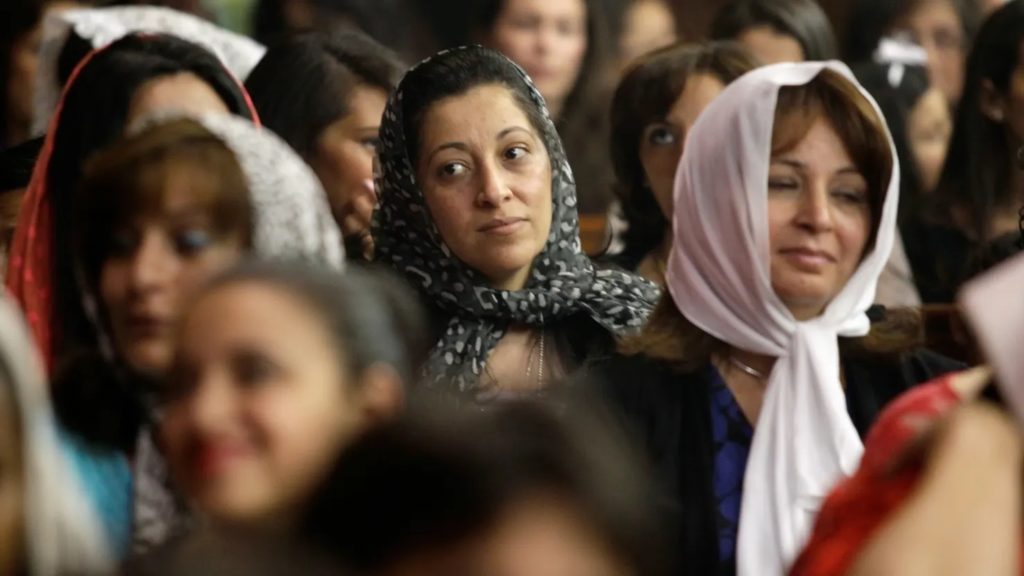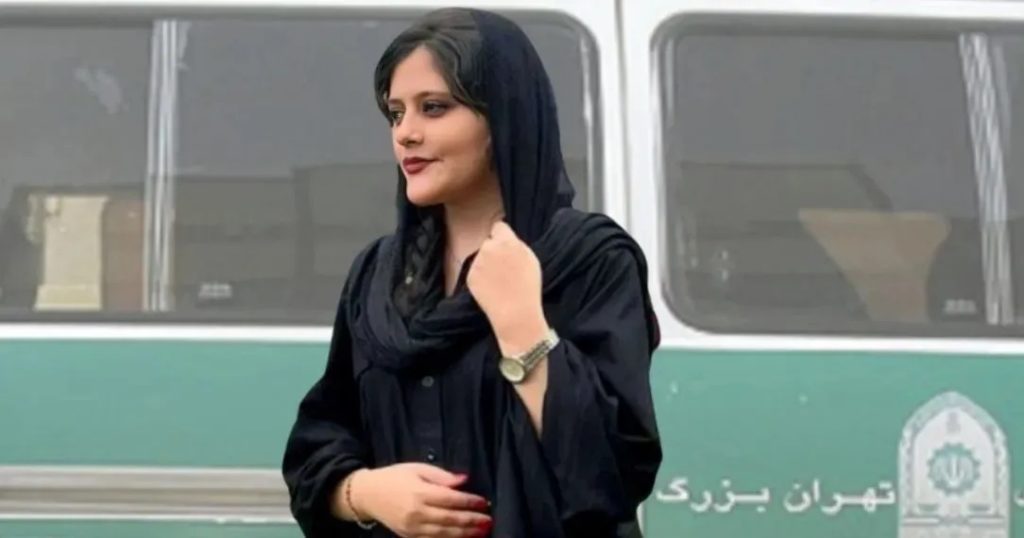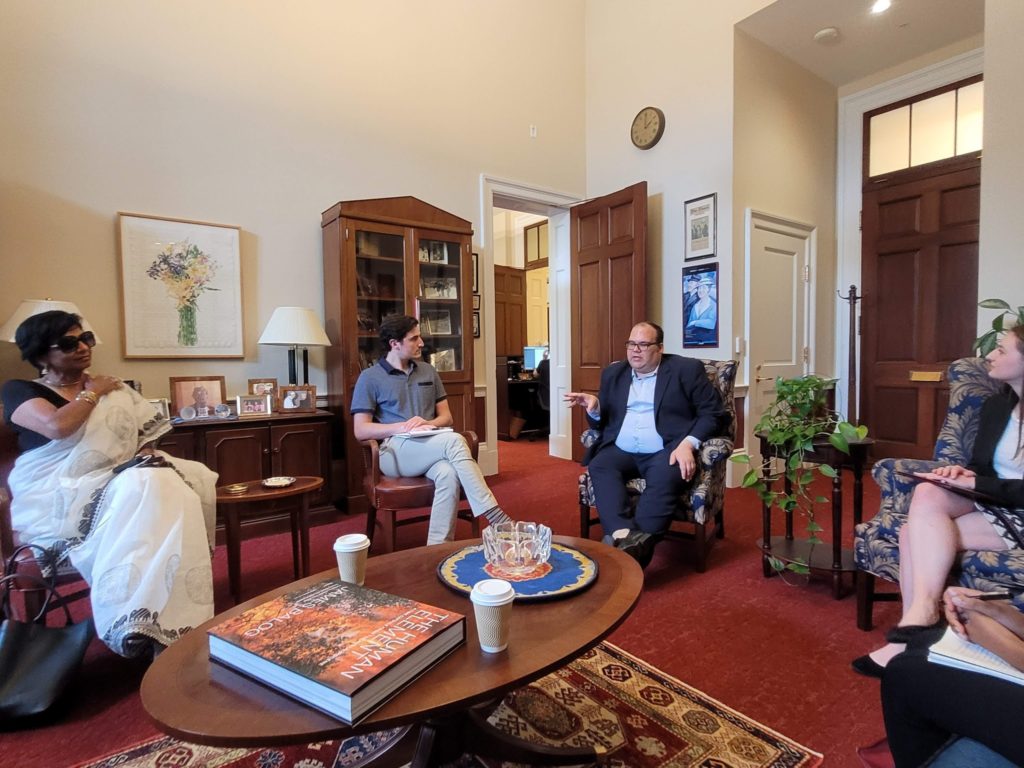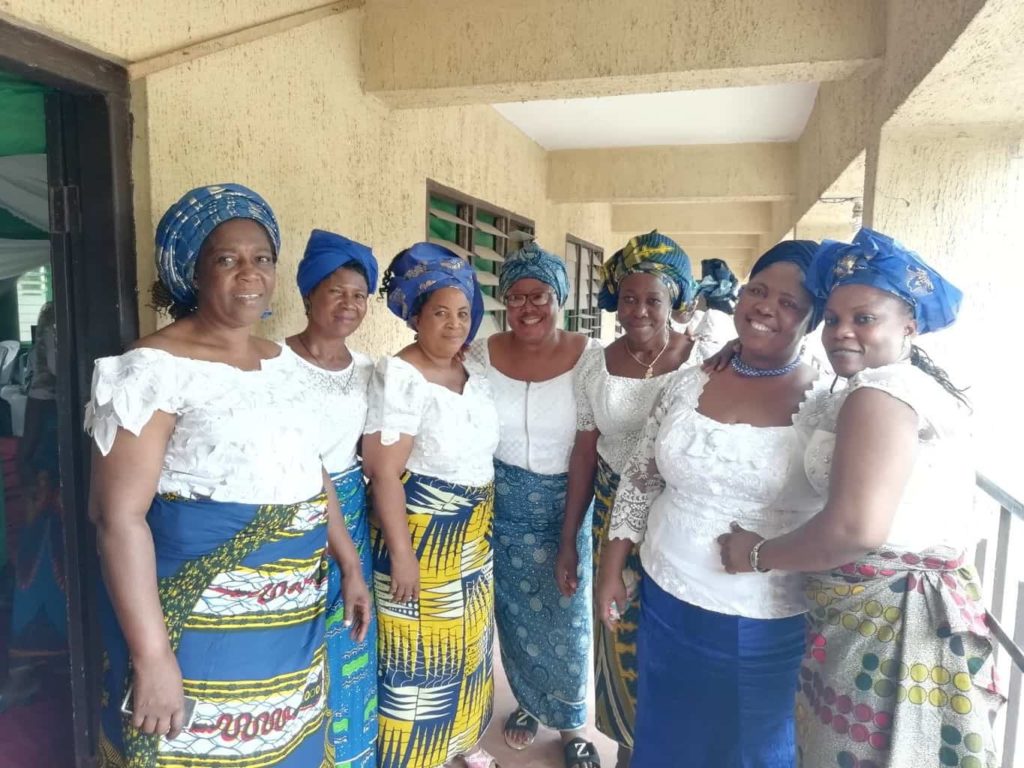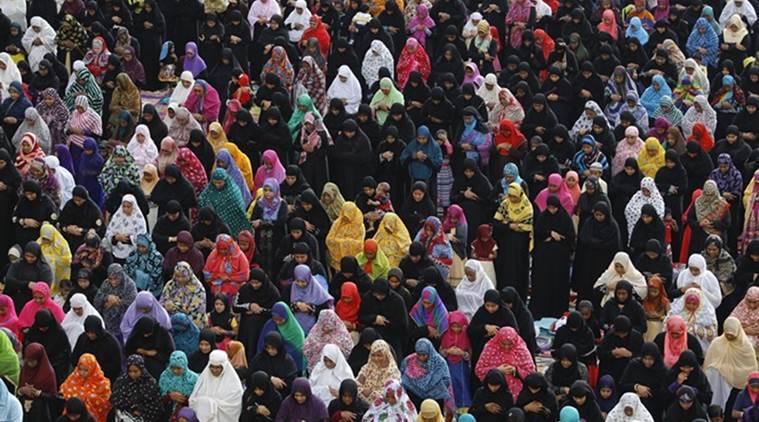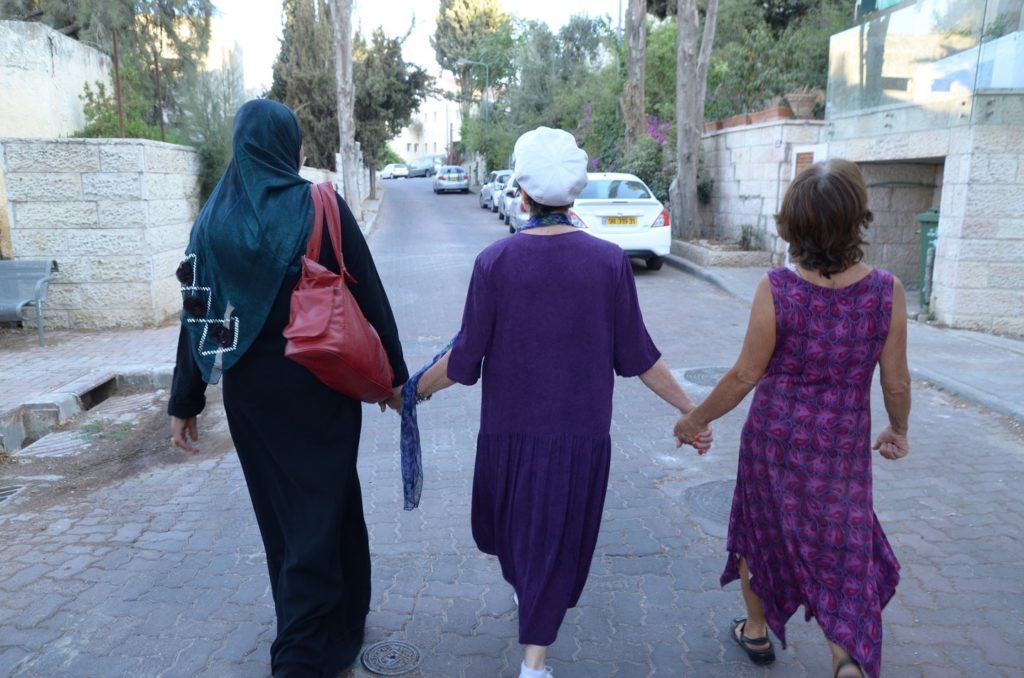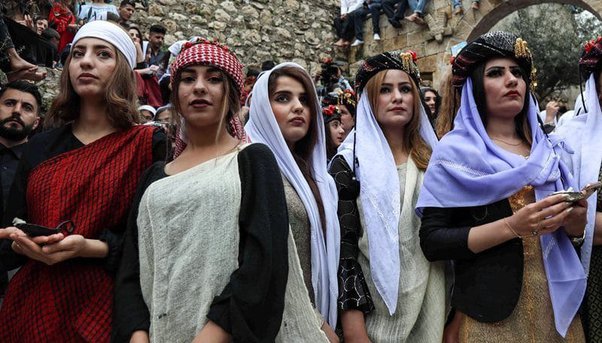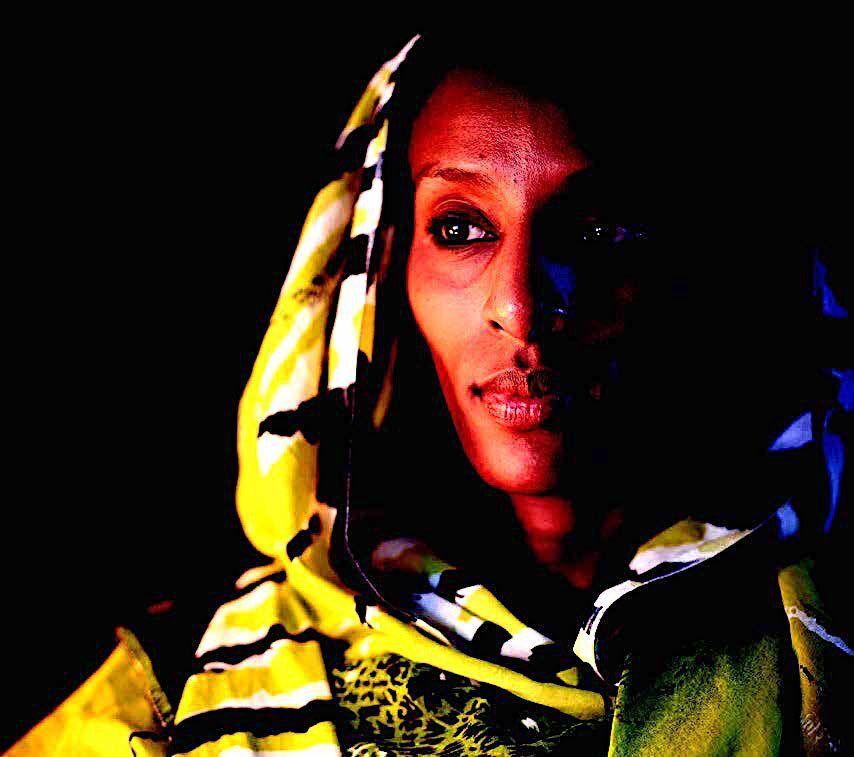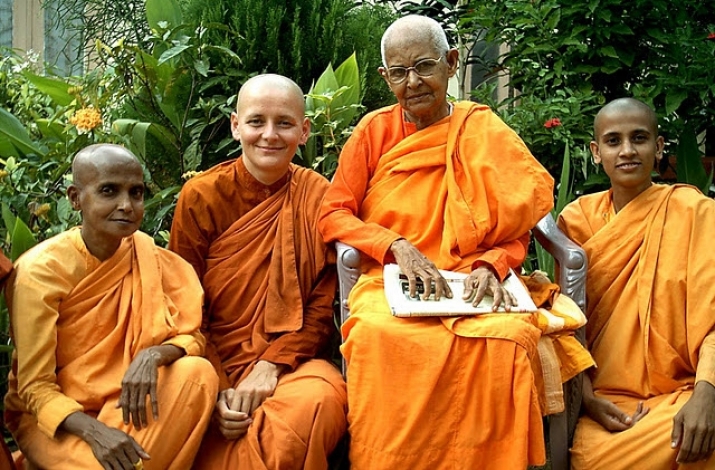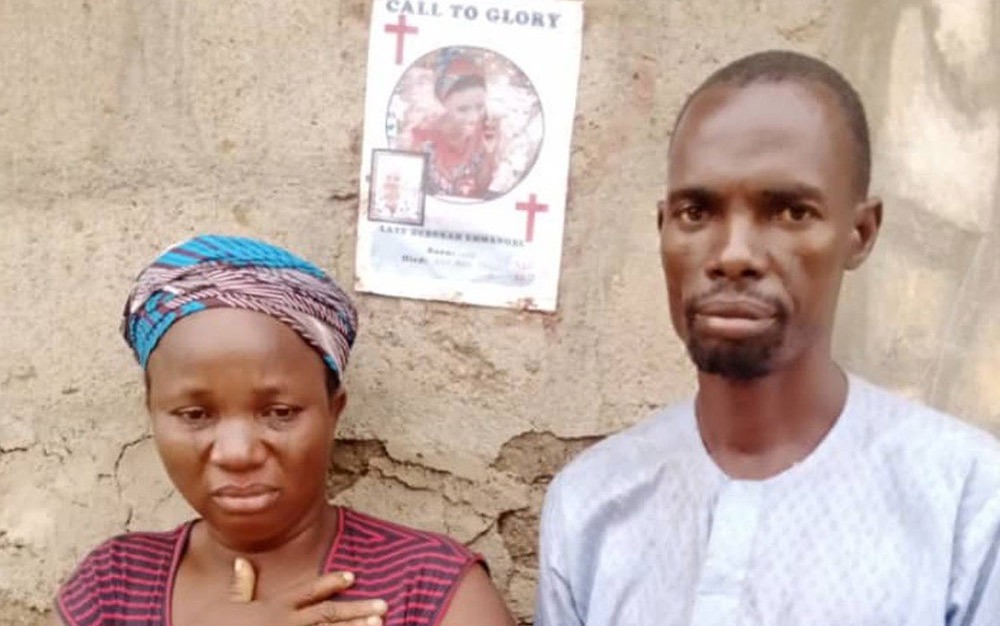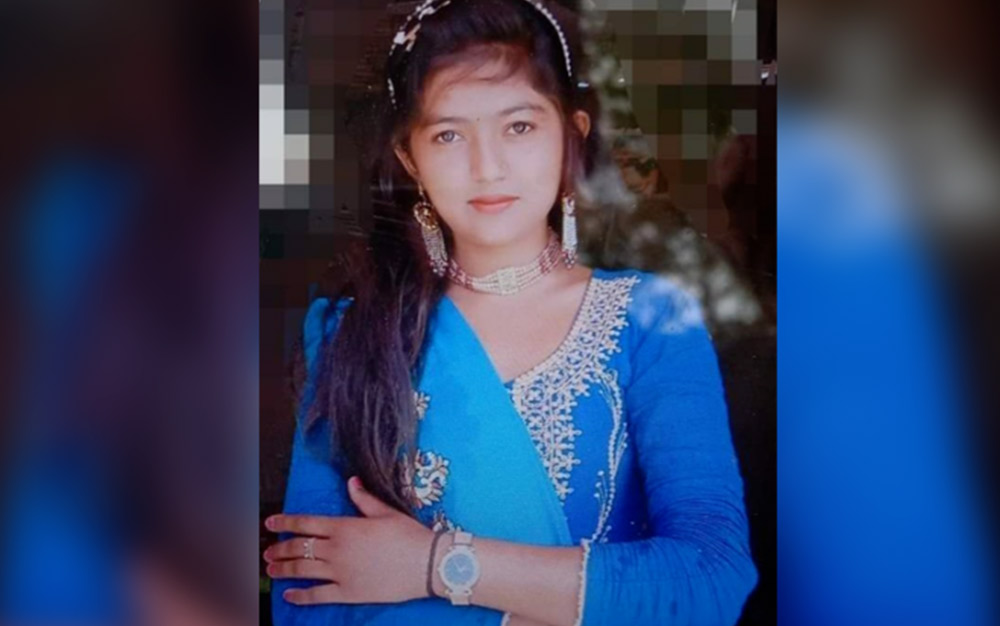This June marks the 40th anniversary of the Iranian government’s execution of 10 Baha’i women. Their murder underscores the importance of efforts to advance freedom of conscience and gender equality. This campaign for justice touches on many aspects of women’s lives, from the workplace to religious centers to society and the home. Women unfortunately experience discrimination and persecution in numerous cultures and nations, but their inner strength, like automation, kicks in, as many champion freedom of conscience and gender equality.
‘Abdu’l-Bahá, head of the Bahá’í Faith from 1892 to 1921, proclaimed in many public addresses that women’s destiny is one of equality and leadership, and that, with an abundance of moral courage, they will become the architects of global peace and security. For many Baha’is, such a reality for women is an inescapable and attainable goal. In his talks on women’s future influence, ‘Abdu’l-Bahá said:
“[t]hey will enter all the administrative branches of politics. They will attain in all such a degree as will be considered the very highest station of the world of humanity and will take part in all affairs. Rest ye assured. Do ye not look upon the present conditions; in the not far distant future, the world of women will become all-refulgent and all-glorious, For His Holiness Bahá’u’lláh Hath Willed It so ..., and the entrance of women into all human departments is an irrefutable and incontrovertible question. No soul can retard or prevent it.”
Their belief in a faith that promotes gender equality, justice, truthfulness and awareness of women’s ultimate destiny gave the 10 Baha’i women the necessary determination, resilience, strength and courage to boldly and defiantly uphold their right to freedom of belief, even in the face of impending death. Despite being imprisoned, denied the right to a lawyer and a trial in a public court and tortured, they refused to repudiate their faith and convert to Islam. They then were sentenced to execution by hanging on charges of “Zionism, “spying for Israel,” and teaching moral education classes for children.
On June 18, 1983, the Iranian government executed the 10: Mona Mahmoudnejad (17), Roya Eshraghi (23), Simin Saberi (24), Shahin (Shirin) Dalvand (25), Akhtar Sabet, (25), Mahshid Niroumand (28), Zarrin Moghimi-Abyaneh (29), Tahereh Arjomandi Siyavashi (30), Nosrat Ghufrani Yaldaie (46), and Ezzat-Janami Eshraghi(57). Never relenting in their cruel efforts to coerce them to renounce their faith, Iranian government executioners forced each to watch the next woman’s death. None recanted. The tremendous strength it took for a daughter, Roya Eshraghi, or mother, Ezzat-Janami Eshraghi, to witness the other be executed and still not succumb to forced recantation of their faith is unimaginable. These women gave their lives to help ensure justice for, not only themselves, but countless women in and outside of Iran who were and are inspired by their strength and resolve.
At key moments in history, time and time again, women worldwide have demonstrated that when the direction of the bend of the arc of the moral universe is at stake, they stand up and push toward justice. This spirit of resilience, power, and strength has led many Iranian women to continue the campaign for justice and equality in 2023. This campaign, and the spirit with which it is imbued, was foreshadowed by Fátimih Baraghání (Tahirih) (ca. 1817-1852) who in 1847 in Iran unveiled her face in the company of men. Her acceptance and promotion of the Babi Faith, the precursor to the Baha’i Faith, fortified her. As she was being executed, she resolutely was obedient to her self-worth, saying, “You can kill me as soon as you like, but you cannot stop the emancipation of women.”
These prophetic words ring true today as many women worldwide continue to stand up and campaign for gender equality and the right of conscience. Women like Hadis Najafi, whom the Iranian government murdered for daring to champion women’s rights, expressed this spirit of resilience and courage. Their acts, which show the willingness to die for their beliefs, not only inspire others to stand up for what they believe, even in the face of great danger, but challenge the traditional view in some cultures of women as weak and submissive. These acts, which resonate throughout history, show a common strength and a shared commitment that span generations and nationalities. It shows that women are just as capable of courage and sacrifice as men. It shows that women are just as capable as men of leadership and heroism. It shows that society must never give up on women’s quest for justice and equality. And it also shows that society must never forget the sacrifices made to achieve freedom of conscience and gender equality.
To highlight and celebrate all women in Iran who, regardless of faith and background, have contributed and are contributing to the long struggle for freedom of conscience and gender equality, the Baha’i International Community launched the #OurStoryIsOne campaign. This campaign which runs from June 18 through the next 12 months, calls for artistic content to honor the 10 as well as all the women in Iran. We urge officials, civil society organization, prominent individuals, celebrities and the public to join the campaign which is vital to helping ensure that the sacrifices of women, their stories and their impact are not forgotten, and that the march toward justice for women continues.
One can only imagine the advancements in medicine, governance, education, and other fields that would occur if all women were given the opportunities afforded to men. Women and allied men, realizing the imperative of securing women’s freedom, are advancing the core belief that all people, regardless of gender, should have equal rights and opportunities. It is not only a fundamental human right, but achieving gender equality is essential for a just and peaceful society. ‘Abdu’l-Bahá assured us that, “until woman and man recognize and realize equality, social and political progress here or anywhere will not be possible.”
Harnessing the strengths women possess is transformative for every aspect of life. Humanity’s progress is assured only if the fullness of women’s power and abilities is unleashed.
Tschika McBean Okosi is the Human Rights Officer for the US Baha’i Office of Public Affairs
Disclaimer: The views and opinions expressed in this article are those of the author and do not necessarily reflect the official policy or position of FoRB Women’s Alliance.
